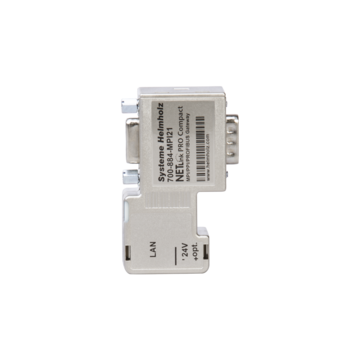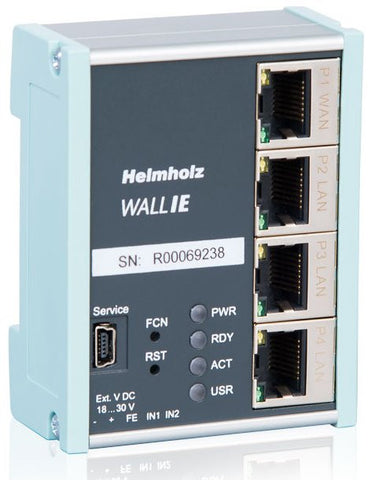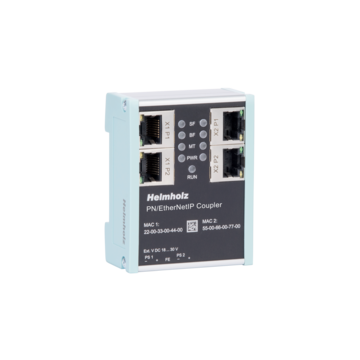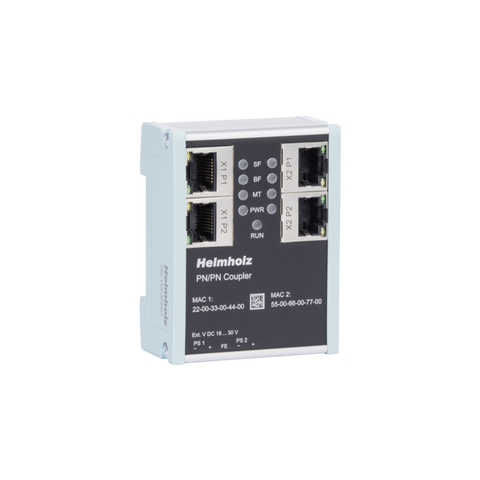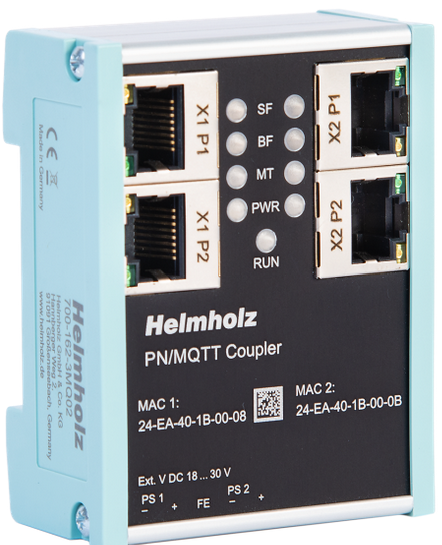
PN/MQTT (PROFINET to MQTT) Coupler 700-162-3MQ02
PN/MQTT Coupler
The MQTT protocol has become established in recent years as a simple transmission protocol for messages in the IoT world. MQTT stands for "Message Queue Telemetry Transport Protocol" and is an OASIS standard. The MQTT protocol always uses a central broker for communication between devices, which receives messages from, for example, a sensor and forwards them to interested devices, such as a control unit. When a sensor sends data to the broker, it is called a "publish". If a device needs data, it must subscribe to the broker ("Subscribe"). The broker delivers the data to all subscribers when new data has arrived from the publisher.
With the PN/MQTT Coupler it is possible to transfer values between a PROFINET machine (PLC) and a MQTT broker. It is possible to send values from the PLC via PROFINET to a broker ("Publish") as well as to subscribe values from a MQTT broker and receive them in the PLC via PROFINET ("Subscribe").
The integration into the PLC engineering tool is enabled by a GSDML file, an extra configuration software is not necessary. All settings for the MQTT connection can be done on the web page of the device. MQTT brokers can be connected locally in the own network ("On premise") as well as via the internet in the cloud.
Direct integration into the PLC puts full control of the data exchange with the IoT world in the hands of the programmer.
- Supports the OASIS MQTT standards V3.1.1 and V5
- Easy assignment of IO data via GSDML file
- Up to 100 values can be configured for transmission simultaneously
- Flexible configuration via web browser
- Separate networks for PROFINET and MQTT connection
- Connection to brokers in the local network or directly with the "cloud"
- Authentication (password, certificate) and encryption (TLS)
- Supports AWS IoT, Microsoft Azue, HiveMQ, Siemens Mindsphere (in preparation)
- Very compact design for DIN rail mounting
- Redundant power supply
- Galvanic isolation of the networks
Contact us for the most current GSDML file

